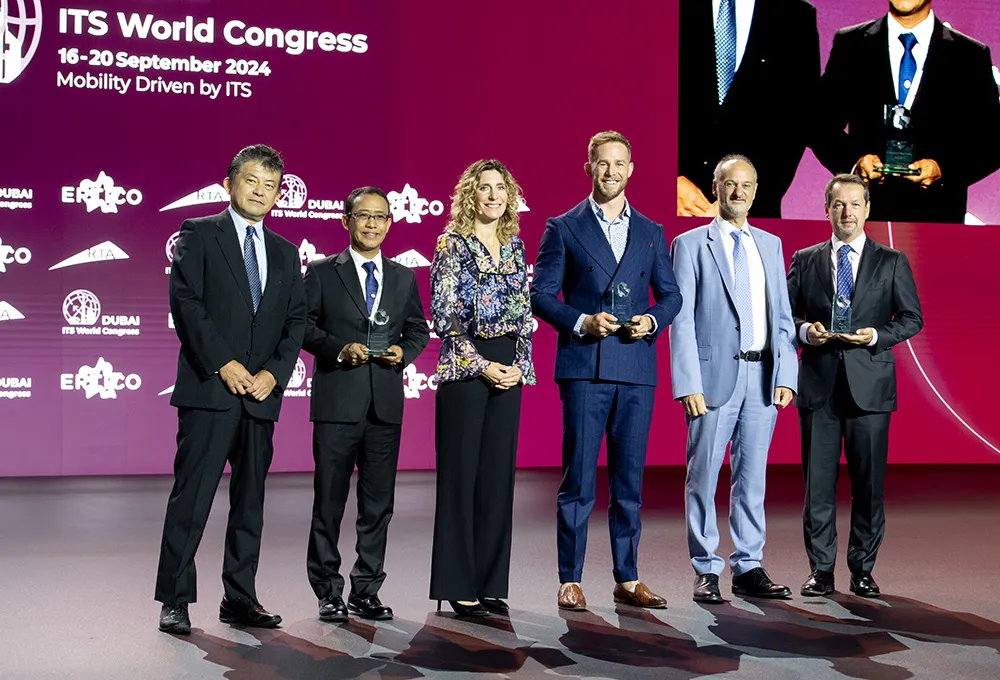Based on components, the global market for IoT in intelligent transportation systems can be broadly divided into software, hardware and services. Among them, the hardware segment accounted for a maximum share in revenue in 2016. Hardware such as RFID, sensors, etc. is installed in vehicles. They help to monitor vehicle speeds, crossing traffic signals, and other things which serve to increase the safety of drivers.
Geographically, the key segments of the global market for IoT in intelligent transportation systems are North America, South America, Europe, Asia Pacific, and the Middle East and Africa. Among them, North America at present dominates the market with a maximum share in revenue. In the years ahead too, the region is expected to hold on to its leading position to become worth US$85.87 billion by 2025. North America's dominance is the result of the presence of numerous key players in the region.
IoT in intelligent transportation systems is being leveraged for smart parking solutions, traffic management solutions, passenger entertainment, fleet management and telematics solutions, and security solutions. In addition, they aid in advanced transportation management systems that include traffic control, electronic toll collection and management of networking solutions. IoT in advanced transportation management system uses communications, sensing, and data-processing technologies to reduce traffic problems and sudden incidents.
Demand for fleet management solutions to improve freight services is also bolstering the IoT in intelligent transportation system market, globally. These solutions help in managing commercial vehicles by tracking them, reducing fuel consumption, and monitoring drivers.
Investment by players in global IoT in intelligent transportation systems drives growth, finds TMR
Some of the major players in the global market for internet of things (IoT) in intelligent transportation systems are investing heavily in developing solutions, according to Transparency Market Research. As a result, it predicts that the market for IoT in intelligent transportation systems will rise at a 19.8 per cent CAGR during the period between 2017 and 2025. At this pace, the market is likely to attain a value of US$249.84 billion by the end of 2025 from US$41.57 billion in 2015.
September 11, 2017
Read time: 2 mins
Some of the major players in the global market for internet of things (IoT) in intelligent transportation systems are investing heavily in developing solutions, according to 7801 Transparency Market Research. As a result, it predicts that the market for IoT in intelligent transportation systems will rise at a 19.8 per cent CAGR during the period between 2017 and 2025. At this pace, the market is likely to attain a value of US$249.84 billion by the end of 2025 from US$41.57 billion in 2015.








